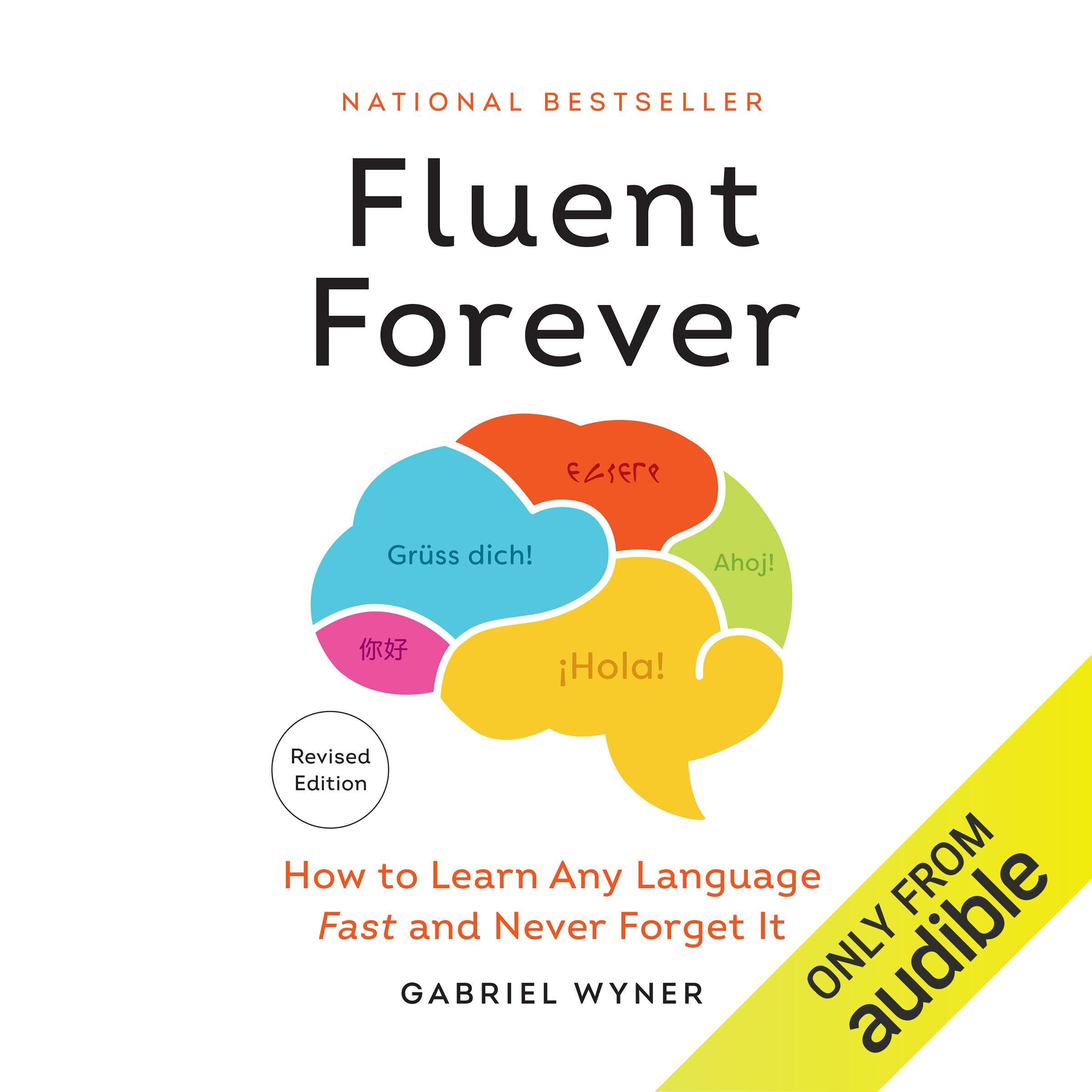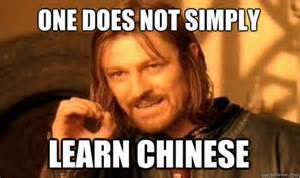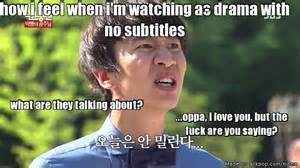What do you think?
Rate this book


Audible Audio
First published August 5, 2014




The IPA is usually full of nasty technical jargon and it uses weird-looking symbols.
An accurate accent is powerful because it is the ultimate gesture of empathy. It connects you to another person’s culture in a way that words never can, because you have bent your body as well as your mind to match that person’s culture.